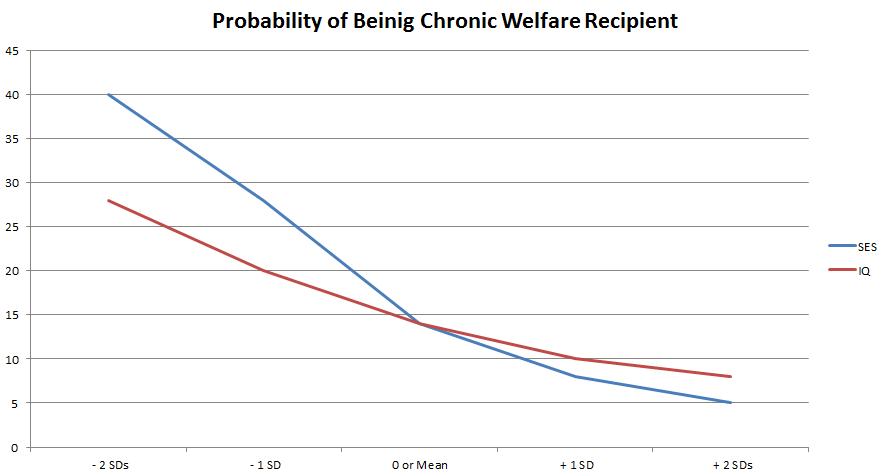IN 2001, Steven Levitt of the University of Chicago proposed an explanation for why the crime in the U.S. declined so dramatically since the 1990s. Understandably, the kneejerk reaction of the left overshadowed the merits of the study. Unfortunately, the right’s fixation on ‘pro life’ is preventing potentially good policy. The category of abortions for genetic defects will probably keep rising as the technology to detect in utero defects improves. If technology becomes sufficiently advanced to screen for all phenotypes, will more utilitarians and libertarians and even mainstream conservatives condone abortions or genetic engineering, if it would save money or improve society as whole?
Imagine if in the future we can isolate the genes for low IQ or criminality, would it be moral to abort as early as possibly since they would be a drag on society? Billions are spent on long term incarceration with no slowdown in sight as the US population keeps growing. An IQ of around 85, or about two standard derivations below average, is correlated with criminal violence, long term unemployment, and welfare, as shown below:

UT Dallas criminologist Dr. J.C. Barnes has researched connections between genes and an individual’s propensity for crime. He found genetic factors that influenced whether people became “life course persistent” offenders, “adolescent-limited” offenders, or those who never engaged in deviant behaviors, called “abstainers.”

If we can definitively isolate these defective genes there would be great financial incentive to prevent such individuals from existing, whether by early stage abortions or, preferably, screening. Couples harboring such genes could be offered money to forgo pregnancy. If the allele is recessive and only one is a carrier this wouldn’t be necessary. For a single person, prophylaxis would pale in comparison to the cost of a lifetime behind bars or on welfare. Should we find the biological markers for defective, fiscally draining traits and genetic screening become as cheap and readily available as, say, urine or blood testing, it’s only matter of time before it will be used for eugenic purposes and, furthermore, we predict many republicans would support this plan, with the most vocal opposition, ironically, from pro-choice liberals. The cost of sequencing has plunged in recent years, making such a plan potentially viable, assuming genetic markers exist and it can be shown beyond a reasonable doubt they produce the expected phenotypes.

This is not a radical idea. Screening is common in cases of family history of lethal genetic disorders, like Tay Sachs disease and Gaucher’s disease; it only seems inevitable it will be extended to broader applications.